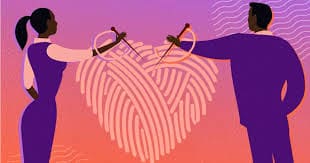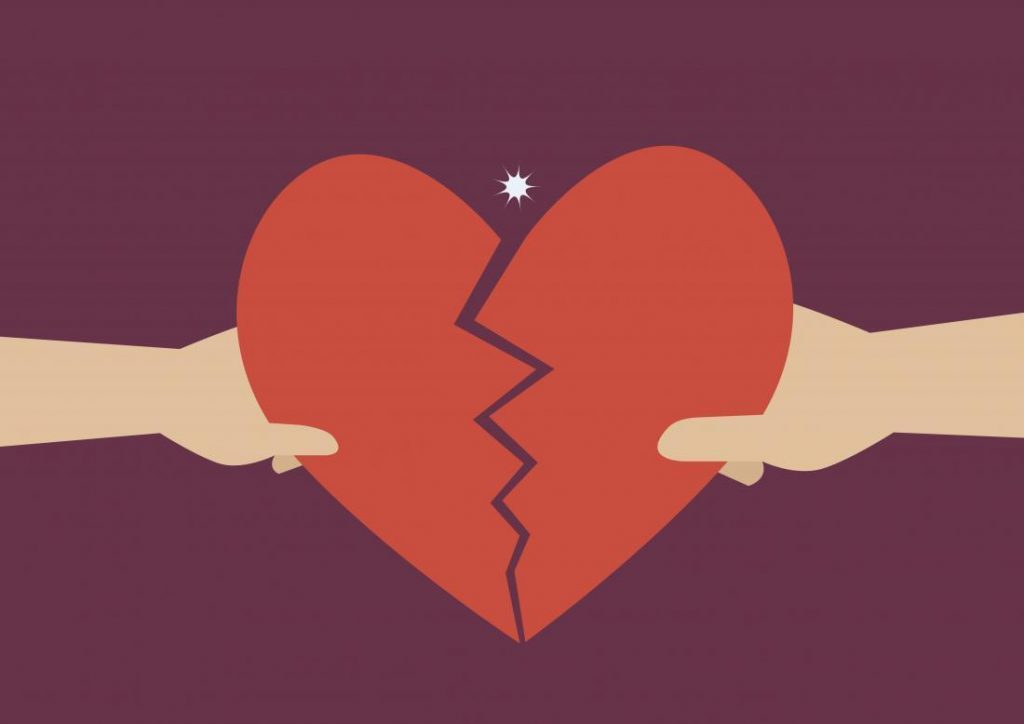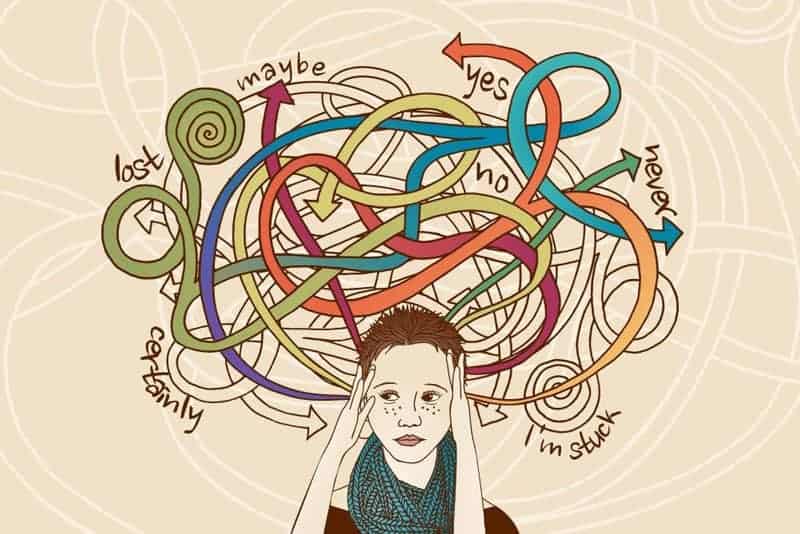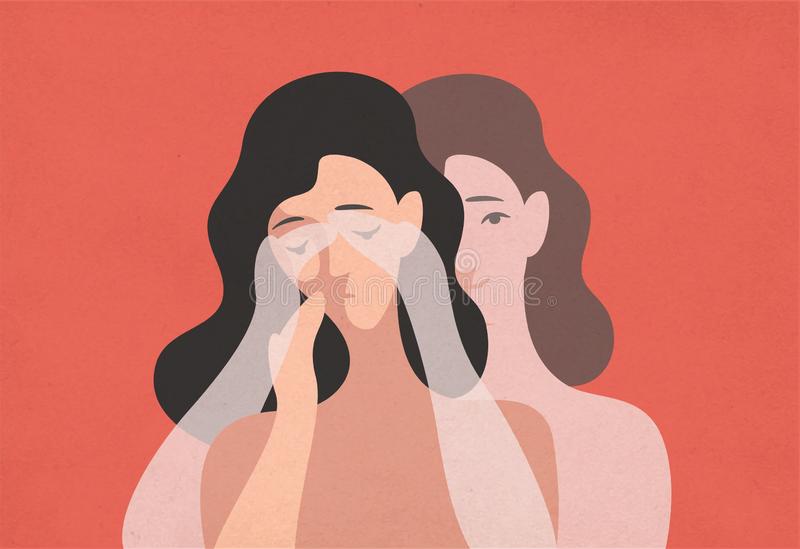In 2016, the number of people estimated to be suffering from mental health issues like depression and anxiety amounted to roughly 1.1 billion. Since then, numbers have likely continued to rise. Moreover, studies have also shown women especially on average are a) more likely to suffer from mental health issues, and b) less likely to talk about them. The taboo in Pakistan surrounding depression and anxiety disorders only serve to aggravate the individuals suffering even more. For the women who cannot seek out full time therapy, we’ve enlisted the help of a trained therapist. You sent us in your questions – here are the answers!

‘My codependency and anxiety have driven away my partner. He tried really hard but I was too blind-sided to see his efforts. I unintentionally made him feel horrible about himself and now, I have lost his trust. I am trying really hard to change myself but how can I convince him to give me a second chance?’

Shahrukh’s Response:
Dear Anon,
What’s striking me about your message is how much blame you’re taking onto yourself. That’s a lot of blame to carry. While I’m not entirely certain on the details of what transpired between you and your partner, it would be worth exploring as to what comes up for you when you think of your relationship with your partner. Our relationships with our significant others can bring up certain narratives that we have carried with us throughout our lives. These narratives are so hard-wired into our psyche that we are not always aware of them.
Codependency in a sentence: “I need you and you need me to need you.”
Let’s first talk about the mechanisms and dynamics of a codependent relationship. Generally, you have a codependent enabler and the enabled. The latter is usually the one who is looking to have all their needs met by the former, while the former is continuously meeting those needs at the cost of their own. The enabler gets a sense of purpose from playing the role of the rescuer, and has a strong drive to be needed, while the enabled, who is generally a person who could be struggling with addiction, mental health or just general poor physical health, gets love, acceptance and comfort from them. This is the cycle that continues, and can pose a problem as the enabler will eventually start to build resentment as a result of their unmet needs. As the relationship begins to crumble, they will ignore their own emotional needs and run over to rescue their partner from distress.
While each co-dependant relationship is different, and vary in terms of extremities, even the most basic model for this dynamic shows an imbalance in terms of open communication, authenticity, genuine emotional connection etc. In fact, this kind of relationship might just be a rehashing of an old and learnt pattern from earlier childhood years.

The Origins Of Codependency Behaviours
Generally, children growing up in dysfunctional family systems can be the main factor contributing to their codependent behaviours during their adulthood. These families tend to be judgmental, abusive, neglectful (physically and emotionally) and just overall unsafe. These conditions lead to overall feelings of low self-esteem, self-worth and thinking that your needs are not important. And so, the seeds of codependence are planted, and are generally reinforced overtime. As a result, this kind of narrative makes the person believe that their needs are secondary, so they look to take care of others, as a way of filling in the gaps of their unmet emotional needs. They will generally look for partners that need to be taken care of either emotionally or physically.
If you’d like to read up more about codependency, I would highly recommend: Codependent No More by Melody Beattie.
What Can You Do? What Role Do You Play?
The good news is that you can heal from codependency! The time it will take varies greatly from person to person, but I always believe that the more conscious and consistent you are with that process of healing, the quicker you’ll be able to get to where you’d like to be.
Firstly, if you are in a codependent relationship, try to see what role you’re playing. Are you the enabler or the enabled? In either case, one of the biggest obstacles in terms of a codependent relationship, is the lack of communication, usually on the side of the enabler who is holding out on voicing out their needs. Whatever your role may be, it’s important to encourage open and honest communication with your partner. It’s crucial to do your part and ask your partner about their feelings and encourage them to talk more about themselves if they’re struggling to do so. In terms of your own growth, healing and self-reflection, I would recommend going to see a mental health professional. Only by working on your own healing, and recognising your own patterns of past narratives and trauma will you be able to move forward in your relationship

Remember, Anon, there are two people in a relationship, and both need to accept the role that they play in it. There’s no good or bad guy here. There are just two people who are playing out roles that they’ve been carrying with themselves for a very long time. The best you can probably do right now is reach out to your partner with sincere intentions, and show them that you are willing to work on things. In the meantime, do show yourself some compassion here. You are doing the best that you can, and I wish you all the best on your journey towards your own personal healing, as well as your relationship. Best of luck and stay in your power!

The above article is written by Shahrukh Shahbaz Malik who is trained in humanistic integrative counselling at CPDD in the UK and currently has her own private practice in Karachi. The views expressed in this article are those of one expert. They do not necessarily represent the views of Mashion, nor do they represent the complete picture of the topic at hand. This article is for informational purposes only and is not a substitute for medical diagnosis or treatment.








What do you think?
You must be logged in to post a comment.